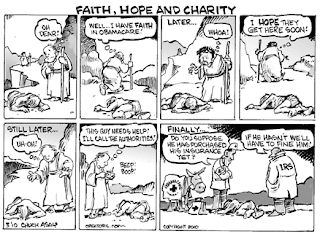gyozelemlg
Chieftain
"If the universe had an absolute beginning, then it must have had a cause beyond itself, (unless you are willing to defend the idea that the universe just popped into being, uncaused, out of nothing – a scientific and logical absurdity). As the cause of nature, space, and time, this cause must be supernatural, timeless, and spaceless. Therefore, God exists".
This is logically a definition clause meaning that you define God as a cause of the Big Bang...probably because you feel that the Big Bang needs such a cause. This is not evidence, it is a matter of definition. Identifying your definition with the common idea of God is altogether another issue. The Big Bang is a scientific theory. Integrating it into a spiritual one is a nice attempt but one needs very clear understanding of how science and spirituality talk in different languages using different ideas. Using science or logic to refine understanding of spiritual matters is great but I advise caution.
By the way, the existence of God as a yes/no question is a popular one-I am amazed how popular it still is. This raises the issue of what people mean when they talk about the existence of anything including God's... I am not at all certain this is adequately clarified/understood.
This is logically a definition clause meaning that you define God as a cause of the Big Bang...probably because you feel that the Big Bang needs such a cause. This is not evidence, it is a matter of definition. Identifying your definition with the common idea of God is altogether another issue. The Big Bang is a scientific theory. Integrating it into a spiritual one is a nice attempt but one needs very clear understanding of how science and spirituality talk in different languages using different ideas. Using science or logic to refine understanding of spiritual matters is great but I advise caution.
By the way, the existence of God as a yes/no question is a popular one-I am amazed how popular it still is. This raises the issue of what people mean when they talk about the existence of anything including God's... I am not at all certain this is adequately clarified/understood.



 ? Not a post goes by without familiar pattern: some cute puffy statement involving dear self, then something generally inclusive to feel good about self, then parenthesis to give opponent a cheek, and finally there is a mandatory twist, which makes you feel better on the expense of the opponent.
? Not a post goes by without familiar pattern: some cute puffy statement involving dear self, then something generally inclusive to feel good about self, then parenthesis to give opponent a cheek, and finally there is a mandatory twist, which makes you feel better on the expense of the opponent.